A Screen Presence That Redefined Rebellion
Some actors simply play characters; others reshape how we think about those characters forever. Stockard Channing belongs to the second group. She never needed glittery scandal or shock value to capture attention—her magnetism comes from an effortless mix of wit, intellect, and simmering intensity. Long before “anti-hero” became a fashionable label, she made audiences fall in love with a woman who could be sharp-tongued, independent, and vulnerable all at once. Whether you first met her as the unforgettable Rizzo in Grease or discovered her later as the commanding First Lady in The West Wing, Channing proves that true “bad girls” are not rebels without cause, but complex women with something vital to say.
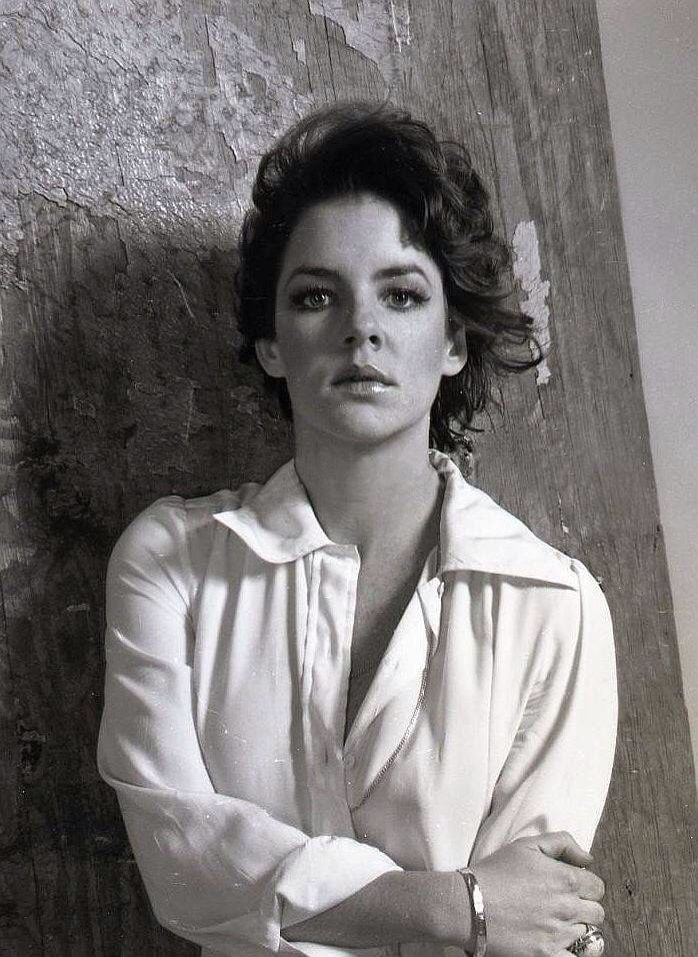
From Upper East Side Beginnings to Harvard Halls
Born Susan Antonia Williams Stockard on February 13, 1944, in New York City, she grew up in a family that blended polish and grit. Her father, Lester, worked in shipping, and her mother, Mary Alice, came from a large Irish-Catholic family in Brooklyn. Tragedy struck when her father passed away while she was still a teenager, a loss that shaped her inner strength and independence.
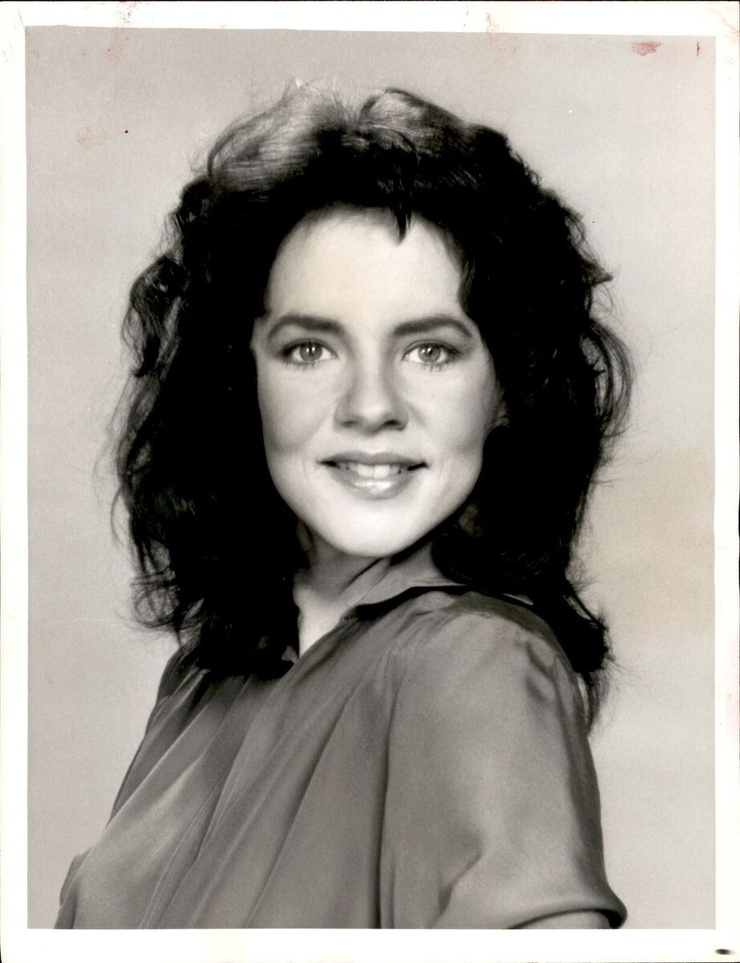
Educated first at the elite Chapin School in Manhattan and then the Madeira School in Virginia, young Susan developed an early fascination with literature and theater. That curiosity took her to Radcliffe College—then the women’s counterpart of Harvard—where she graduated summa cum laude in history and literature in 1965. The intellectual discipline she honed there would later become one of her secret weapons as an actress. Early marriage to Walter Channing Jr. gave her the professional name she would carry into the spotlight: Stockard Channing.
Video : Stockard Channing Pictures
Broadway: The Crucible of a Performer
After college, Channing stepped directly into the world of live theater, where an actor cannot hide behind camera edits. She began in off-Broadway productions during the late 1960s, cultivating the smoky voice and piercing gaze that would become her signature. The stage quickly recognized her gifts: by the early 1970s she was appearing in challenging plays such as A Day in the Death of Joe Egg and Six Degrees of Separation.
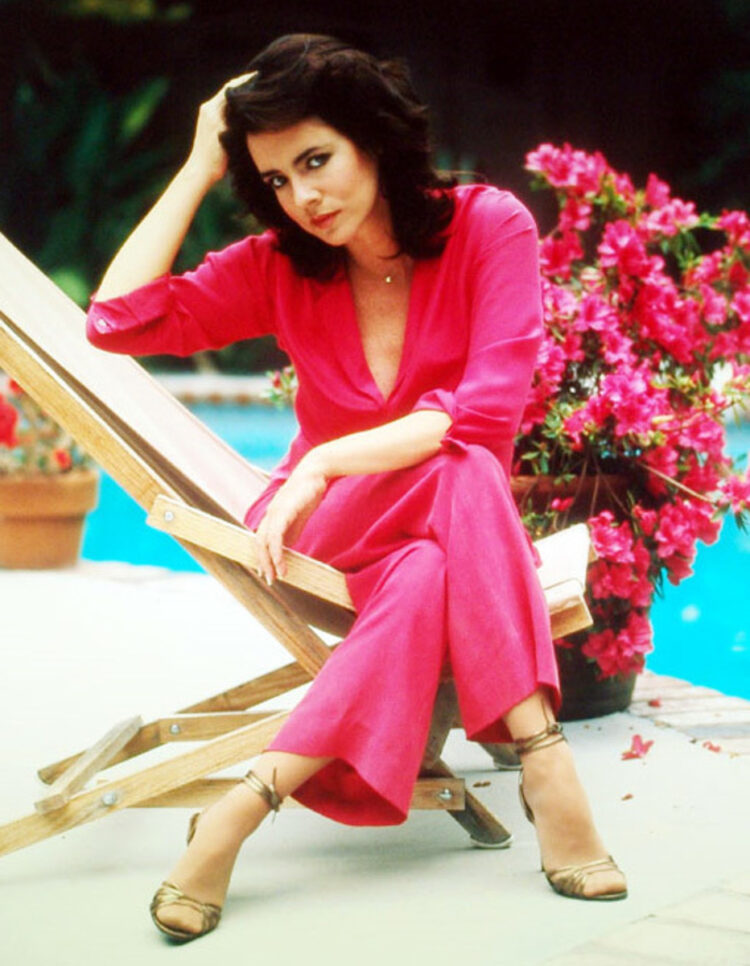
Her commitment to the craft paid off in a career that has earned eight Tony Award nominations and a win for Best Actress in A Day in the Death of Joe Egg. Critics and audiences alike have praised her ability to bring humor, pain, and humanity into even the most difficult roles. Whether in classics like The Lion in Winter or modern dramas such as Apologia, Channing commands the stage with a presence that feels both electric and deeply authentic.
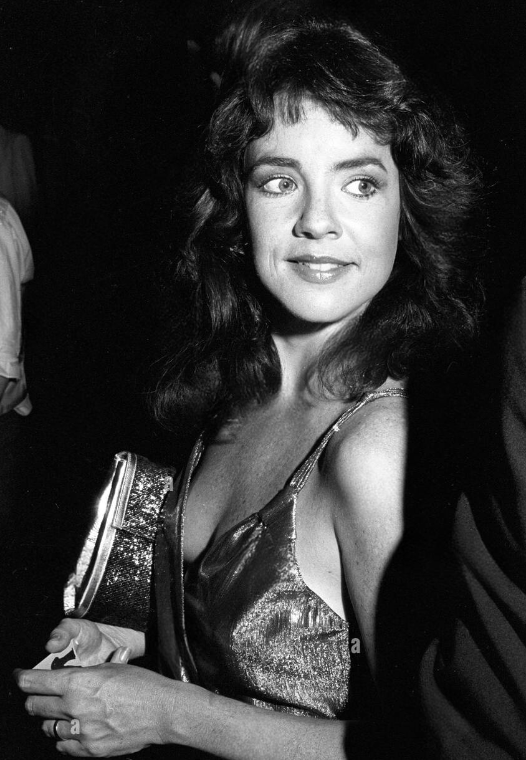
Breaking Into Film With Unforgettable Characters
Hollywood soon came calling, and Channing brought the same fearless energy to the big screen. Her breakout role came in 1978 with Grease, where she portrayed Betty Rizzo—the tough yet tender leader of the Pink Ladies. At 34, playing a high-school rebel could have seemed like a stretch, but Channing’s performance made Rizzo timeless. Her rendition of “There Are Worse Things I Could Do” remains one of the film’s emotional high points, revealing layers of vulnerability beneath the swagger.

Rather than chase typecasting, Channing kept audiences guessing. She starred in the darkly comic The Girl Most Likely To…, a black comedy penned by Joan Rivers, and later reprised her celebrated stage role in the 1993 film adaptation of Six Degrees of Separation. That performance earned her an Academy Award nomination and confirmed her ability to turn sophisticated drama into something urgently human. From Practical Magic to The First Wives Club, from indie gems like Smoke to thrillers such as The Business of Strangers, her filmography—more than sixty films strong—showcases an actress who never repeats herself.
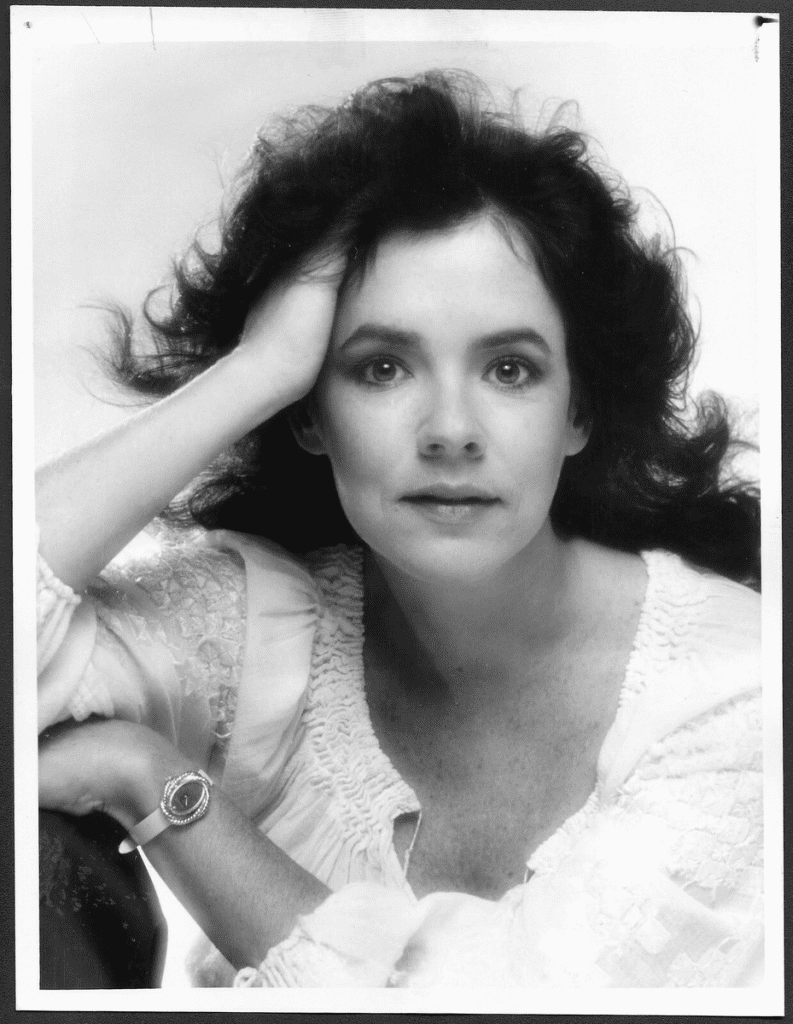
Television Triumphs and Award-Winning Roles
If Broadway gave her discipline and film gave her reach, television made Stockard Channing a household name. After early sitcom attempts in the 1970s (Just Friends and The Stockard Channing Show), she hit her stride with complex, intelligent TV dramas.
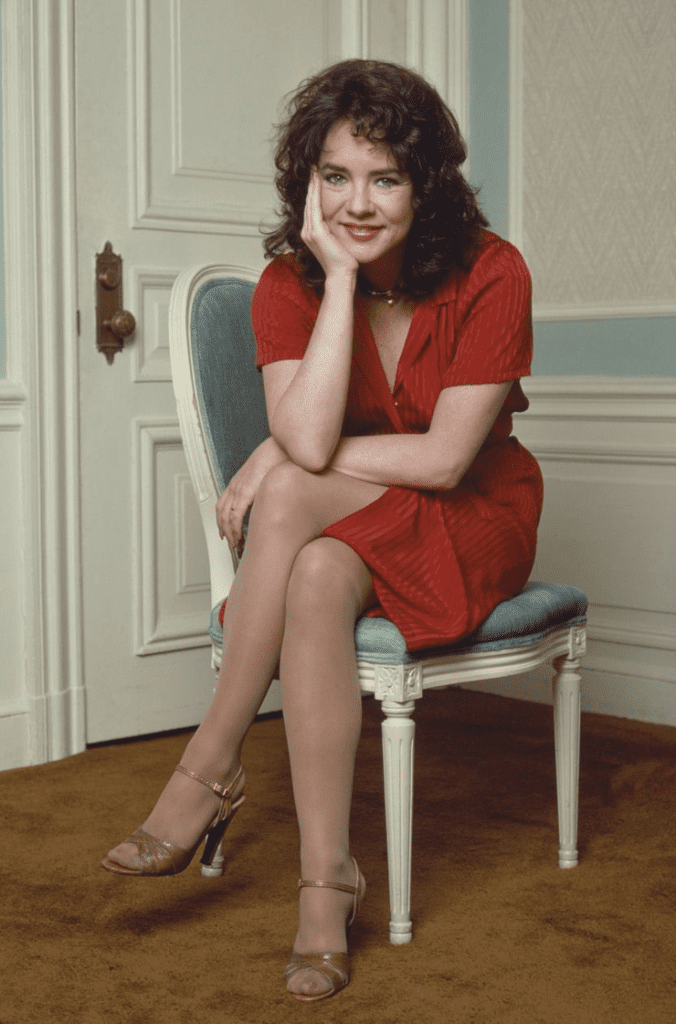
In 1999 she joined The West Wing as Abbey Bartlet, the formidable First Lady opposite Martin Sheen’s President Jed Bartlet. Far from a ceremonial spouse, Abbey was a practicing physician and a political force in her own right. Channing’s layered portrayal earned multiple Emmy nominations and a win for Outstanding Supporting Actress in 2002.
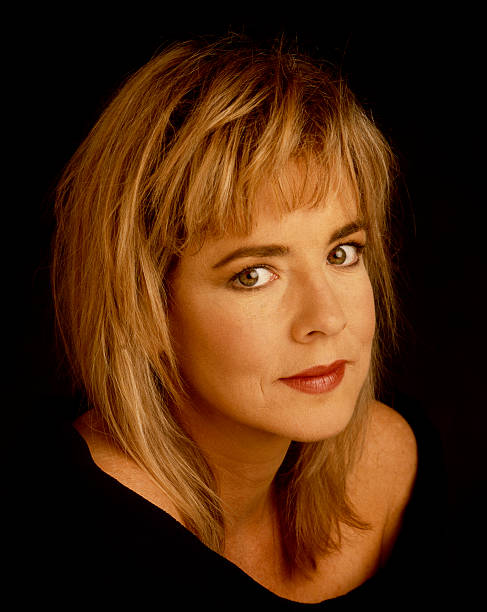
Her television success didn’t stop there. She won another Emmy for her moving role as Judy Shepard in The Matthew Shepard Story and picked up a Daytime Emmy for Jack. Guest appearances on The Good Wife, Frasier, and Out of Practice brought more nominations and proved her versatility. Across genres—from political drama to poignant family stories—Channing brings nuance and authority, making even the smallest role unforgettable.

Personal Life and Private Strength
Behind the spotlight, Channing has led a life as dynamic as her career. She has married four times, beginning with Walter Channing Jr., whose name she kept even after their divorce. Though she never had children, she has often spoken of the deep satisfaction she finds in mentoring young actors and supporting causes close to her heart. Known for guarding her privacy, she divides her time between New York and Los Angeles and remains active in political and charitable work, particularly animal welfare and progressive causes.
Video : SECRET Photos & Facts Of Stockard Channing
An Artist Who Continues to Evolve
Far from slowing down, Stockard Channing continues to challenge herself well into her eighties. In recent years she has returned to the stage in productions of Greek tragedy and contemporary drama, drawing rave reviews for the same fierce intelligence and emotional depth that marked her early career. Critics and fans alike note that her artistry has only deepened with time—proof that talent and relevance are ageless.
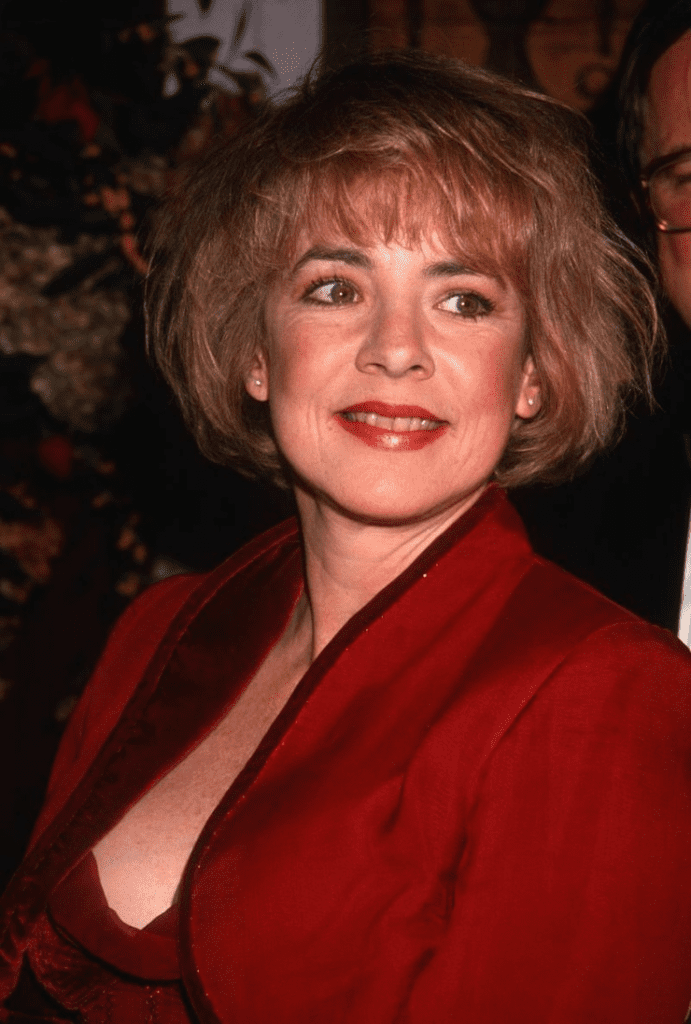
Why Stockard Channing Still Captivates Audiences
What makes Channing’s legacy so enduring? Perhaps it’s her ability to turn the “bad girl” stereotype into a character of substance and heart. Perhaps it’s her refusal to be boxed in—moving effortlessly from Broadway to Hollywood to television, always choosing roles that challenge both her and her audience. Or perhaps it’s simply that rare quality she carries: the power to make every line, every glance, feel alive and necessary.
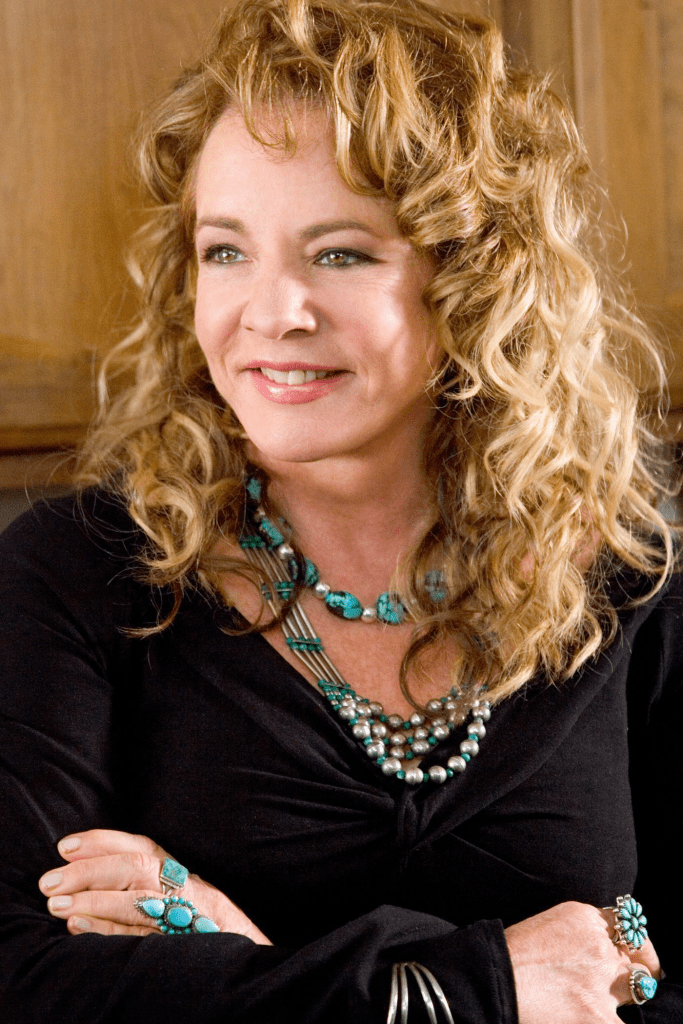
Conclusion
Stockard Channing’s journey—from an Upper East Side childhood to Emmy-winning television star, Oscar-nominated film actress, and celebrated Broadway performer—reveals a life dedicated to fearless creativity. She has redefined what it means to be a “bad girl,” showing that rebellion can be thoughtful, that vulnerability can be strength, and that true artistry only grows richer with age. At 81, she remains as magnetic and compelling as ever—a living testament to the idea that talent and authenticity never fade, they only shine brighter.